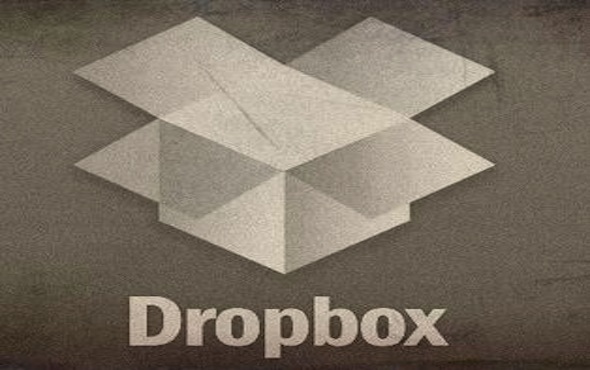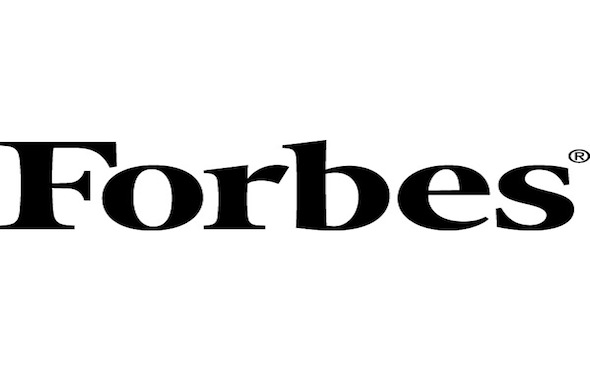
More Storage Everwhere You Look - OneDrive Makes Another Move
Read Original Article
Our last post focused on how cloud solution providers are in the midsts of a battle for the most attractive cloud storage pricing model. Though if storage were truly the only factor to consider, everyone would simply go with the least expensive provider. It is crucially important for users to fully understand the range of service offered by each cloud provider.
OneDrive's approach with this storage package differs significantly from the approach taken by Dropbox in our last post. It basically comes down to the consumer/personal cloud service vs what many providers are attempting to pass as enterprise cloud service. Dropbox attempted to market their "business" service as a $10/mo plan with 1TB, though they fail to mention that there is a $795/yr minimum if you require more than 1 user. OneDrive, on the other hand, has increased their free "personal" storage offering to a level that Dropbox can simply not afford to match.
The author in this post goes as far as saying 1TB of storage "works out to nearly unlimited cloud storage". It is true that 1TB of storage for average personal use is simply absurd. Most mp3 songs are around 9MB, and document files usually under 150KB; this means you will need more than 100,000 music files or 6.5 million document files to even make a dent! The point is, most personal users would prefer to use OneDrives 15GB of free storage over Dropboxs' 1TB for $10, because they simply have no need for it. Even if users do need more, Microsoft has much deeper pockets than Dropbox and will be able to compete on prices in ways the consumer storage startup simply cannot. So, Dropbox is really depending on businesses to look towards this 1TB plan; the problem is, businesses quickly find that 1TB of space with no users or collaboration capabilities is utterly useless.
Behemoths like OneDrive and GoogleDrive have done a phenominal job of speeding up the cloud storage war and helping to push the true business users our way. Unfortunately, the providers that once led the consumer cloud service are now caught in a trap where they are no longer the most compelling solution for personal users, and also do not have the features required for true business use.













0 Comments